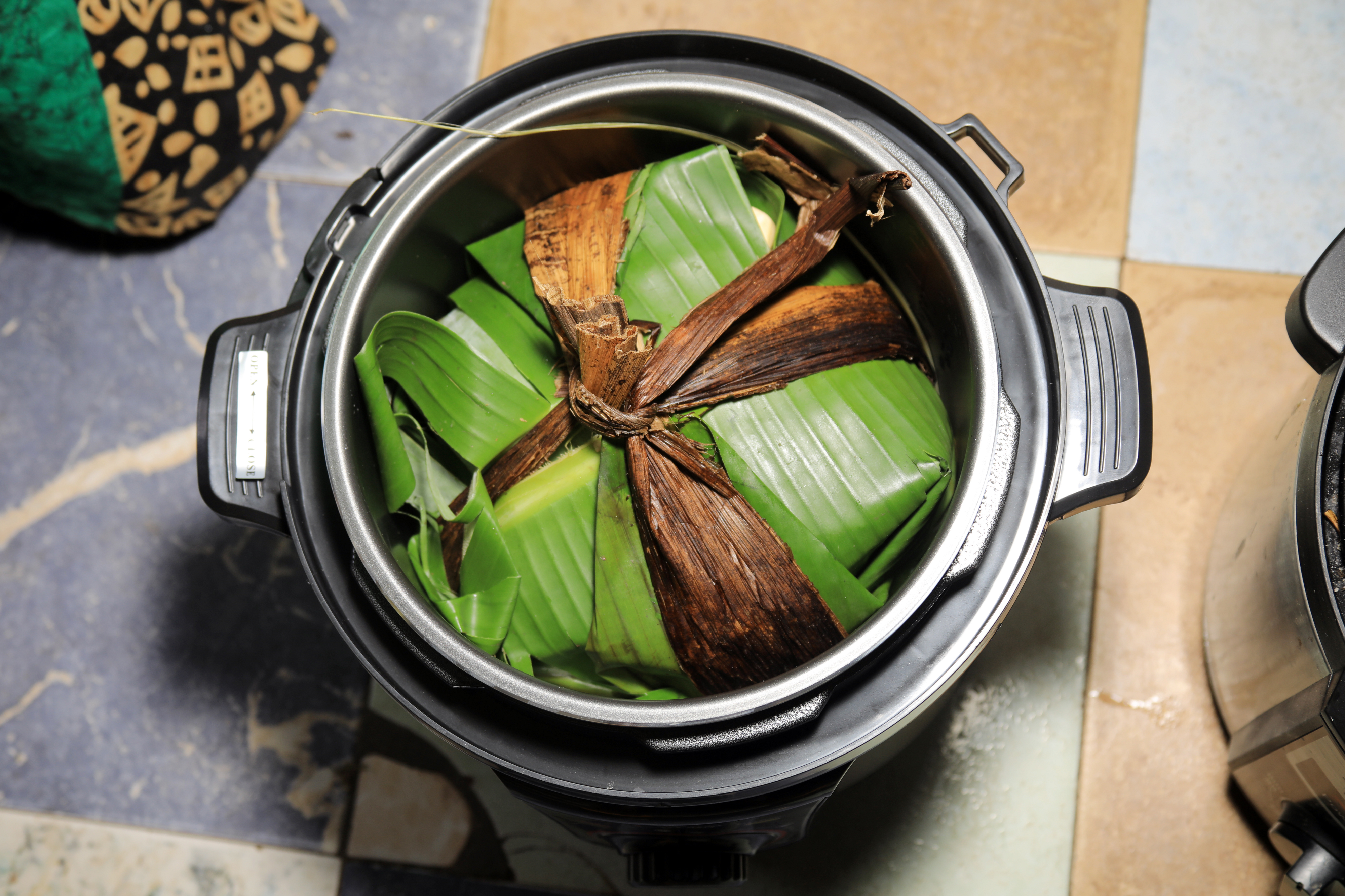
- Date
- 27th April 2022
- Categories
By Dr. Simon Batchelor (Gamos Ltd.).
I have just finished speaking at this side event organized by SEforAll and the Government of Indonesia as President of the G20 this year. As the briefing note for me said:- “G20 Indonesia Presidency has defined this year’s G20 priorities around three pillars: global health, digital economic transformation, and energy transitions. Across each of these pillars, the G20 Indonesia Presidency aims to achieve more actionable results under the main theme “Recover Together, Recover Stronger.” The energy transition pillar includes several current and emerging challenges, including the recognition that without energy access, an economy- wide energy transition will not be possible.” “The G20 continues to build on previous Presidencies’ initiatives, notably the G20 Initiative on Clean Cooking and Energy Access (led by the Saudi Arabia G20 Presidency) and the crucial role G20 Members must play in promoting energy access and eradicating energy poverty (led by the Italian G20 Presidency). These initiatives embody the spirit of “leave no-one behind” with the aim to secure the accessibility towards affordable, reliable, sustainable, and modern energy for all.”
I don’t think the recording is available yet, but I wanted to share some thoughts in a timely way to connect to this meeting. After some key note speeches that pointed to the SDG7 access goals, other speakers noted that many countries such as Indonesia have also committed to the Paris Agreement, and COP26 pledges which include things like no new coal fired plants and an uptake of renewables. There was a general feeling that we were off track for SDG7 partly because of the last couple of years of COVID but also because of lack of investment. There were calls for investment and an encouraging presentation from GEAPP pointed to the $10b committed by an alliance of Rockefeller, IKEA and Bezos.
An interesting proposal was made by the Energy for Growth Hub of an analysis and call for a new target for a modern energy minimum. The key point was that at the moment minimal energy is about a few lights and charging a mobile phone. Their analysis of the links between economic growth and energy consumption suggest that there should be a new minimum that raises the bar to 1,000 kWh per person per year (summed across residential and productive use), with at least 300 kWh at home and 700 kWh consumed in the wider economy. This better captures energy consumption that will drive economic growth.
Increasingly our MECS message is about leveraging these thoughts, actions and investments in electrification to ensure the inclusion of a clean cooking experience. As mentioned above, most presenters acknowledged that we, the world, were off track for reaching the targets, focusing mainly on the remaining 700m who don’t yet have access to electricity (and interestingly the number seems to vary by plus or minus 100m!). There were a couple of passing nods to being off track for clean cooking (by 2.5 billion!), there were calls for more renewables (integrated large scale and distributed), and almost no mention of energy efficiency. Most of the presentations and political calls were for more investment in both grid based renewable energy and distributed renewable energy, and ensuring that access to electricity is granted to everyone, leaving no one behind (although acknowledging that the remaining households are rural and the more difficult to reach).
My powerpoint presentation focused on leveraging electrification for clean cooking. As you will see I started with the headline figure that if there are only 650m without electricity and yet 3 billion without clean cooking, then by implication there are at least 2 billion who have electricity and yet cook with polluting fuels. I pointed to the mutual neglect narrative that Ockwell et al outlined for us. I also tried to bring together SDG7.2 (renewables) and 7.3 (energy efficiency), because our focus on energy efficient cooking leverages the shift to renewables and picks up on what is a slightly neglected sub target of SDG7 the need for energy efficiency.
I was asked to described how Africa is exploring “business models that work”, and its great that within my ten minutes I could point to KPLC and Umeme’s interest in matching supply and demand by strategic encouragement of ecooking, I could illustrate how the energy regulatory authority of Uganda has introduced a cooking tariff, that there are new opportunities with carbon finance (the new Gold Standard methodology) and of course a wide range of results based financing. RBF is important because cooking itself is such a health issue (I would say that at 4m premature deaths per year for HAP is a greater killer than COVID), and a contributor to climate change, environmental issues such as deforestation, and a switch to clean cooking can give benefits to the economies of the household and to the socio economic context.
I noted that while ‘finishing off’ access to all is important in order to leave no one behind, actually there are already amazing gains possible in grid and off-grid networks that are already available for the urban and peri urban households to pivot to using energy efficient appliances to give a genuinely highest tier clean cooking experience. I hope I left the G20 participants with the clear message that we need to leverage the existing assets, and as the world decarbonises and invests in more renewables, that those gains that are coming during this decade of action can also be leveraged. Clean cooking as part of an integrated plan for implementing modern energy makes eminent sense. 40,60 by 2030.
………………………
Featured image, top: Preparing a meal using the electric pressure cooker (image credit: Centre for Research in Energy and Energy Conservation (CREEC), 2022).